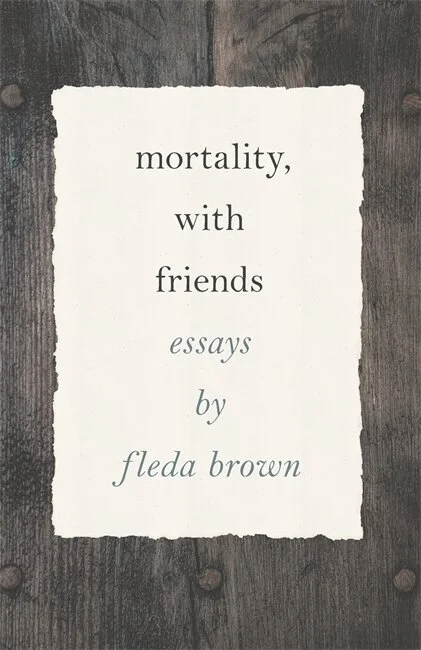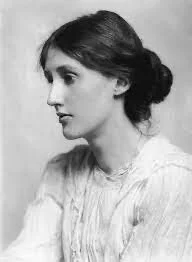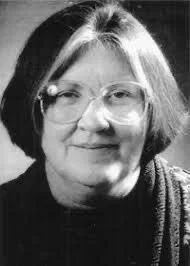I was trying to figure how to arrange the essays in my new book, Mortality, with Friends. I’d pretty much decided on the title. It’s the title of one essay about those of us who live with the threat of our cancer returning. But the title seemed to fit everything—it’s all about mortality, isn’t it? Every sentence has a period, every flower wilts, everything that begins, ends. That’s the pure joy of living, I think, in the bright flash between beginning and end. Every sine wave rises and falls, every sound is made out of silence.
A lot of friends of my friends are dying lately. And I think of my former colleagues (who were also friends), how many are gone.
The essays were written over ten years! I thought the trajectory (it’s good to have one) might be the last years of my father’s aging, my caretaking, and his death. Seemed like a reasonable plan. But good lord, I’ve written so much about him, I didn’t want him to take over this book, too. It isn’t about him (although there’s a lot about him. He’s an irresistible subject). It’s about the various facets of our aging. I say “our,” meaning I guess “me,” but my experience is that the more specific the focus is, the more universal the resonances.
I’d been reading Virginia Woolf again, as well as her books I hadn’t read previously. Her tone, her voice, her rhythms, are ever in my head. To the Lighthouse strikes so many notes for me. There is Mrs. Ramsey, the matriarch of her family, at their place at the shore. The echoes after her death, the way a summer place (my summer place) can solidify a family and also expose the cracks in that solidity. Woolf is so much a part of these essays, especially the later ones.
Then I had to decide whether there should be a visible chronology. Ten years of essays. That’s a long time. What I write earlier has changed by the later essays. I decided to attach dates to only the essays where the dates matter. Weird, maybe, but it works for me.
Judith Kitchen
“Your Father, My Father: Volleys” was written with my dear Judith Kitchen, who was a friend and mentor and co-director of the Rainier MFA low-residency creative writing program I taught in for many years. During the actual conversation that prompted this essay, we laughed ourselves silly. I miss her.
“Inside the Conch Shell” was originally written as a craft lecture for that program. I wanted to elaborate on the difference in my father’s kind of poetry, good old Victorian rhyming and metered verse, and most contemporary poetry.
And it is true that there’s a lot of aging and caretaking in this collection. The thing is, it’s pretty interesting if you look closely at it. And if you look closely at the person doing it.
I realize I can’t quit being a poet. I get caught up in the language. I love language. I love it as much as the story it tells. So you’ll have to put up with me if some of the essays are lyric, as in singing.
So, what I want to say is, through the miracle of Zoom, I can come talk about the book, read a bit from it, soooo easily. I am delighted to come to your book club, your reading group, your Rotary or whatever group. I will charge you NOTHING. I’m more or less old. I don’t need money. What I do need is to know that what I’ve written is being read.
Of course I can come in person as long as I don’t have to travel a long way. Unless you want to pay my airfare.
Please get in touch (fleda@udel.edu) if you want to do this. We should settle on a date soon. The book will be out from Wayne State University Press on Sept 7. I can Zoom or visit beginning in October.




